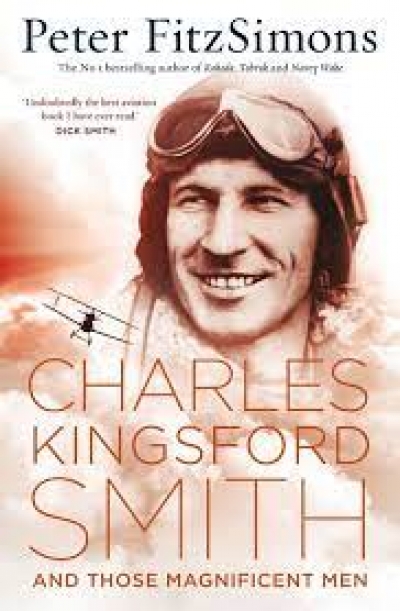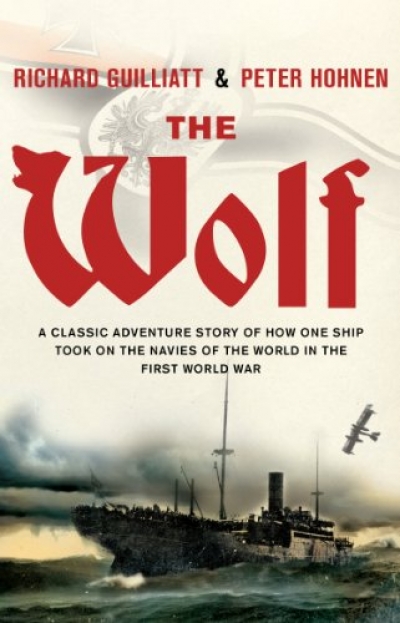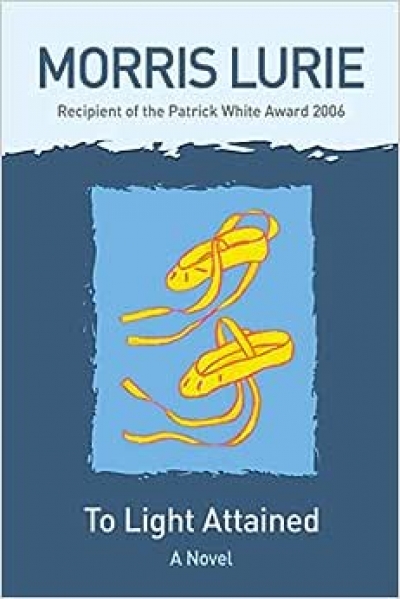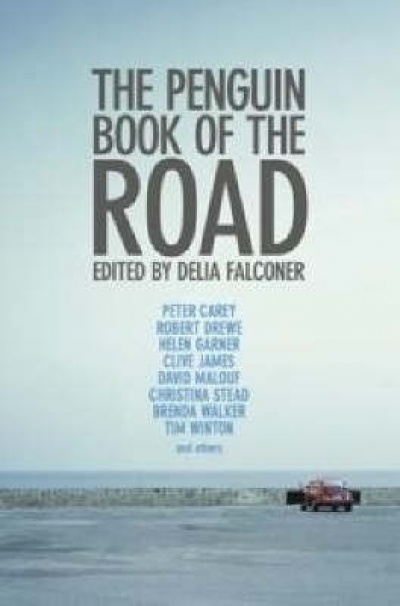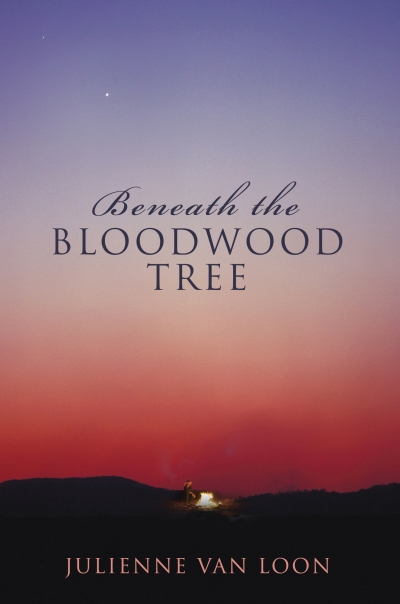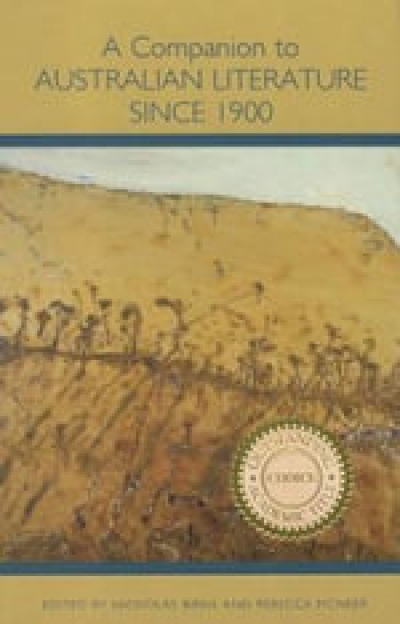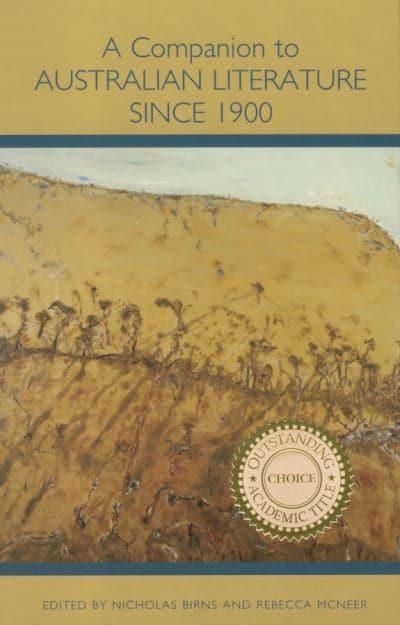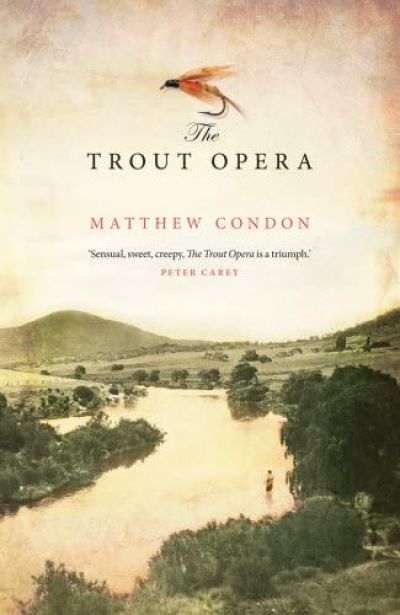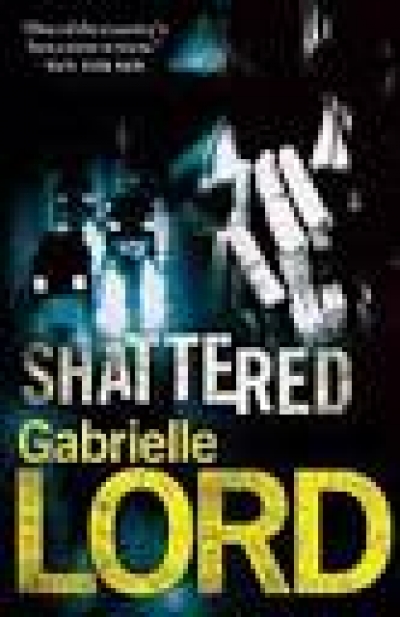Peter Pierce
Charles Kingsford Smith and Those Magnificent Men by Peter FitzSimons
by Peter Pierce •
The Wolf: The most audacious warship of World War One and its 15-Month campaign of terror against Australia and the world by Richard Guilliatt and Peter Hohnen
by Peter Pierce •
Dear Editor,
This is a note to congratulate you on the quality of the latest Calibre Prize essays, by Jane Goodall and Kevin Brophy, in the April edition of ABR. The two pieces maintain the incredibly high standards of the Prize, of which I was honoured to be an inaugural judge.
... (read more)A Companion to Australian Literature Since 1900 edited by Nicholas Birns and Rebecca McNeer
by Peter Pierce •
A Companion to Australian Literature Since 1900 edited by Nicholas Birns and Rebecca McNeer
by Peter Pierce •

